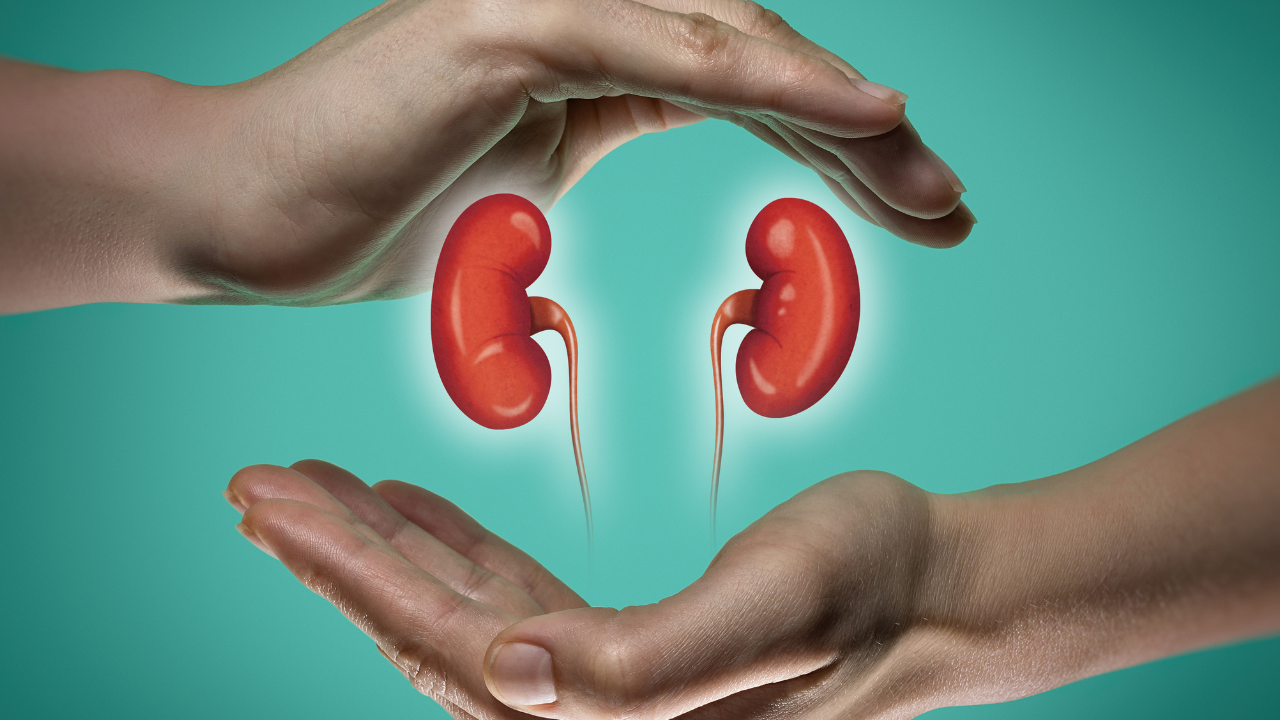Food & Mood
May 06, 2025
There are so many reasons to feel all the things we feel - life situations that are not in our control. You may be surprised to learn that what we eat can help balance our moods -- don't believe me? keep reading ;)
The Gut-Brain Connection: How Nutrition and Probiotic Foods Support Mental Health
May is Mental Health Awareness Month, and while therapy, medication, and social support all play crucial roles in mental health, there is a growing area of research around the role of nutrition. More specifically, the connection between your gut microbiome and your brain.
It’s often easier to connect what we eat to how we feel physically but often, we can notice emotional and mental changes as well. The emerging science around the gut-brain connection is giving us a whole new way to support mental wellness, starting with the foods on your plate.
Your Gut Is Talking to Your Brain—Literally
You may have heard the gut referred to as the “second brain.” That’s because your gut is home to over 100 million neurons and a bustling community of microorganisms known as the gut microbiome. These microbes help digest your food, but they also do something even more powerful: they help produce neurotransmitters like serotonin, dopamine, and GABA, which are key to regulating mood and anxiety.
In fact, over 90% of the body's serotonin is produced in the gut!
BUT… if or when your gut is out of balance—due to poor diet, stress, illness, or antibiotics—it can send distress signals to the brain and interrupt the production of these neurotransmitters. This can contribute to symptoms of anxiety, depression, fatigue, and even brain fog.
How Nutrition Can Support Your Mood
Certain nutrients are particularly important for supporting a healthy gut and brain:
Omega-3 fats (found in flax, chia seeds, walnuts, and algae) reduce inflammation and support brain cell communication. B vitamins (especially folate, B6, and B12) help with the production of feel-good neurotransmitters. Vegans and Vegetarians may require supplements. Magnesium (from leafy greens, beans, and seeds) helps calm the nervous system and support sleep. If supplementing - use caution in selecting the type as effects may vary Polyphenols (found in colorful fruits and veggies) feed beneficial gut bacteria and reduce oxidative stress.
However, I think probiotic and fermented foods is one of the most exciting areas of research!
Probiotic foods—like yogurt, kefir, kimchi, sauerkraut, miso, and tempeh—contain live bacteria that help populate your gut with beneficial microbes. These “good” bacteria can positively influence brain chemistry and mental health through what’s called the microbiota-gut-brain axis.
A 2017 review in Annals of General Psychiatry found that probiotics may help reduce symptoms of depression and anxiety, especially when used in combination with a healthy diet (Ng et al., 2018). A 2020 study in Nutrients found that individuals who regularly consumed fermented foods had lower perceived stress levels and more positive mood states (Taylor et al., 2020). Another study in Psychiatry Research found that eating fermented foods was associated with fewer social anxiety symptoms, especially in individuals who are more prone to neuroticism (Hilimire et al., 2015).
These findings don’t mean probiotics are a cure-all, but they do show how much our mental well-being is influenced by our internal ecosystem.
How to Add More Gut-Friendly Foods to Your Routine
Supporting your mental health with nutrition doesn’t require an overhaul—just a few simple, consistent habits – progress, not perfection, right?
Include more ferments like unsweetened yogurt, kefir, kimchi, or sauerkraut each week Feed your gut bacteria with prebiotic-rich foods like garlic, onions, leeks, bananas, and oats Prioritize fiber-rich, whole foods at each meal Reduce added sugar and ultra-processed foods, which can fuel the “bad” bacteria and inflammation by pushing out the “good” bugs
Bottom Line
Mental health is complex and deeply personal—but your gut health is one tool in your toolbox to help manage how you feel. By nourishing your body with real, whole foods and including probiotic-rich options, you’re not just feeding your gut—you’re supporting your brain and mood, too.
If you or someone you love is struggling with mental health, please know that you're not alone—and support can come in many forms, including from your plate.
Lorem ipsum dolor sit amet, consectetur adipiscing elit. Cras sed sapien quam. Sed dapibus est id enim facilisis, at posuere turpis adipiscing. Quisque sit amet dui dui.
Stay connected with news and updates!
Join our mailing list to receive the latest news and updates from our team.
Don't worry, your information will not be shared.
We hate SPAM. We will never sell your information, for any reason.

